Record Of The Week #4 - "Revolver" by The Beatles
Trying to choose a favourite Beatles album is like trying to decided what daughter to save from a burning building, too tough to call. However when the chips are down (and if they're in said burning building they'll be french fries) and I had to choose one it would be "Revolver".
Created at a time when the fab four were tiring of touring and wanting to experiment more in the studio, "Revolver" perfectly encapsulates the point where their more rockier side, honed over the past few years touring, meets their studio creativity for the first time and that in my opinion they don't ever quite capture again. I mean don't get me wrong, I love all the albums after "Revolver", in fact I much prefer their later output but from a guitarists point of view this is the ultimate rock fans Beatles album.
From the George Harrison penned opener "Taxman", with its raucous guitar stabs and bouncy bassline (later stolen by The Jam) through to "She Said She Said" and "And Your Bird Can Sing" with its big intro riffs, guitar is at the forefront of proceedings.
But even when it isn't the focal point, in tracks such as "Eleanor Rigby" with its lush string arrangement and "Love To You" showing their first foray into Indian music, it feels like a rock album and you can hear its blueprint on albums for decades after its release.
I won't go into details on every track from album as so much has been written about it I doubt I could add anything new. However I would like to give special praise to "Tomorrow Never Knows", the psychedelic album closer.
When I first heard it, it sounded so modern I had to check it was a song released what is now over 50 years ago. Its use of "samples" is pioneering, with a laughing male vocal played at double speed used to get a seagull like sound, an orchestral B flat major chord copied from an unknown recording and a sitar phrase reversed an played double speed all used to get that otherworldly soundscape.
To further add to the controlled chaos of the song, written while Lennon was heavily into his LSD phase, was the main vocal (along with some of the drum track that bled into the vocal mic) going through a Leslie rotary speaker to give it a modulated wobbly sound. Finally add various other weird and wonderful noises, such as a backward guitar solo and you get the most forward thinking recording of its era. It still amazes me it was only done on 4 track tape (all be it with a liberal dose of bouncing). When you have an infinite amount of tracks in modern studio it certainly re-enforces the fact that technical limitations can lead to greatness and aren't necessarily a hindrance.
If you're into the geekiness of recording The Beatles I thoroughly recommend getting the Curvebender published book "Recording The Beatles". Its not cheap but goes into the most minute detail on every aspect of their studio lives, including every instrument, microphone and piece of recording equipment used. It also goes into depth the record process of every song and the section about "Tomorrow Never Knows" is fascinating.
Is "Revolver" better than "Sgt Pepper"? Well thats for you to argue over but as a collection of songs I personally think it wins every time plus in the novelty song stakes, "Yellow Submarine" is way better than "When I'm Sixty Four". A trimmed mix of the two albums? Now thats an idea, let the arguments commence!



